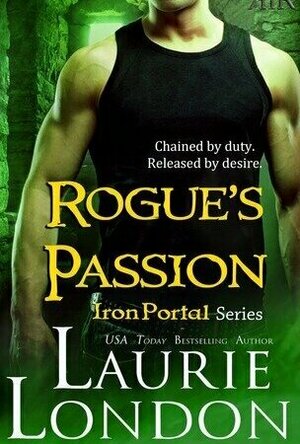
Rogue's Passion (Iron Portal #2)
Book
Hidden within the rugged mountains of the Pacific Northwest, Iron Portals separate the modern and...
Paranormal Romance Novella
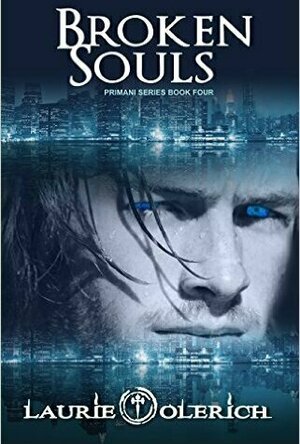
Broken Souls (Primani #4)
Book
Some Scars Go Soul Deep. The Primani Series continues with this dark romantic suspense! Broken...
Paranormal Romance
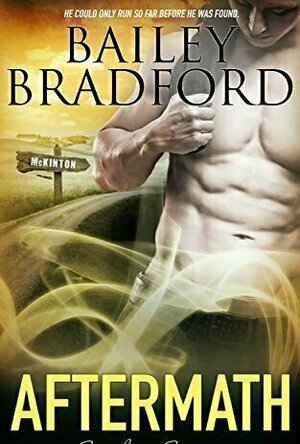
Aftermath (Southern Spirits #5)
Book
Darren Brown spent two years running from his past, but he could only run so far before he was...
MM Paranormal Romance
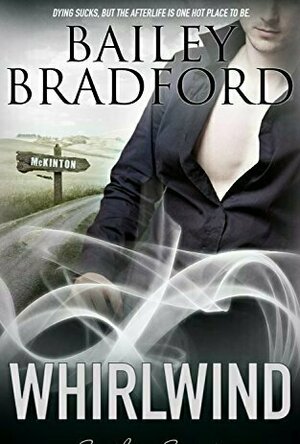
Whirlwind (Southern Spirits #8)
Book
Dying sucks, but the afterlife is one hot place to be. Stefan wasn’t physically perfect in...
MM Paranormal Romance
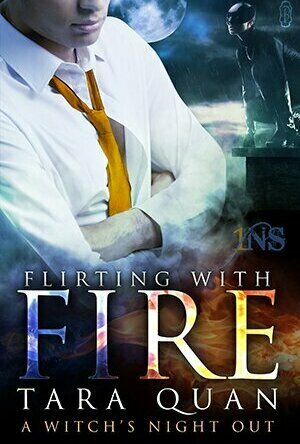
Flirting With Fire (A Witch’s Night Out #1)
Book
Apprentice witch Catalina Gato is prohibited from assuming her human form in front of her new...
Paranormal Romance Novella
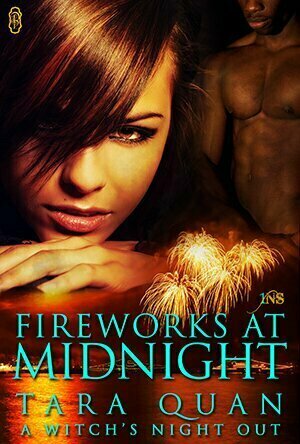
Fireworks at Midnight (A Witch’s Night Out #3)
Book
Recent college graduate and part-time cat familiar Dulcina “Sweets” Gato is having the worst New...
Paranormal Romance Novella
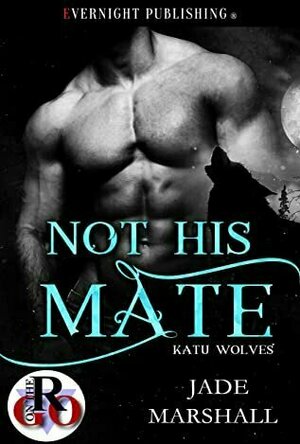
Not His Mate (Katu Wolves #2)
Book
When a wolf shifter finds their fated mate their entire world changes. There is nothing on earth you...
Paranormal Romance
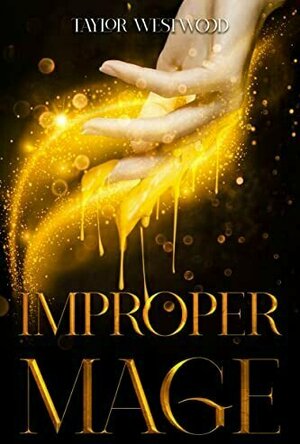
Improper Mage
Book
Liana Monroe considered herself the most talented mage in all of Triaedian. Too bad no one else did....
Paranormal Romance
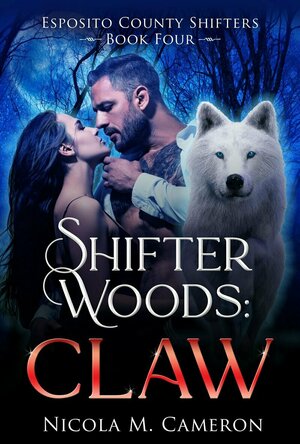
Shifter Woods: Claw (Esposito County Shifters #4)
Book
Broke and on the run, she didn’t expect to find safety with a big, grumpy wolf shifter. But can he...
Paranormal Romance Shifters

Code Name Jack Rabbit (The Vampire Guard #1)
Book
Vampires and werewolves live long lives. The Sleepless City saga might have ended but the story...
SpyFi Espionage Paranormal Romance MM Vampires